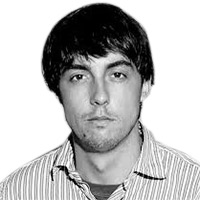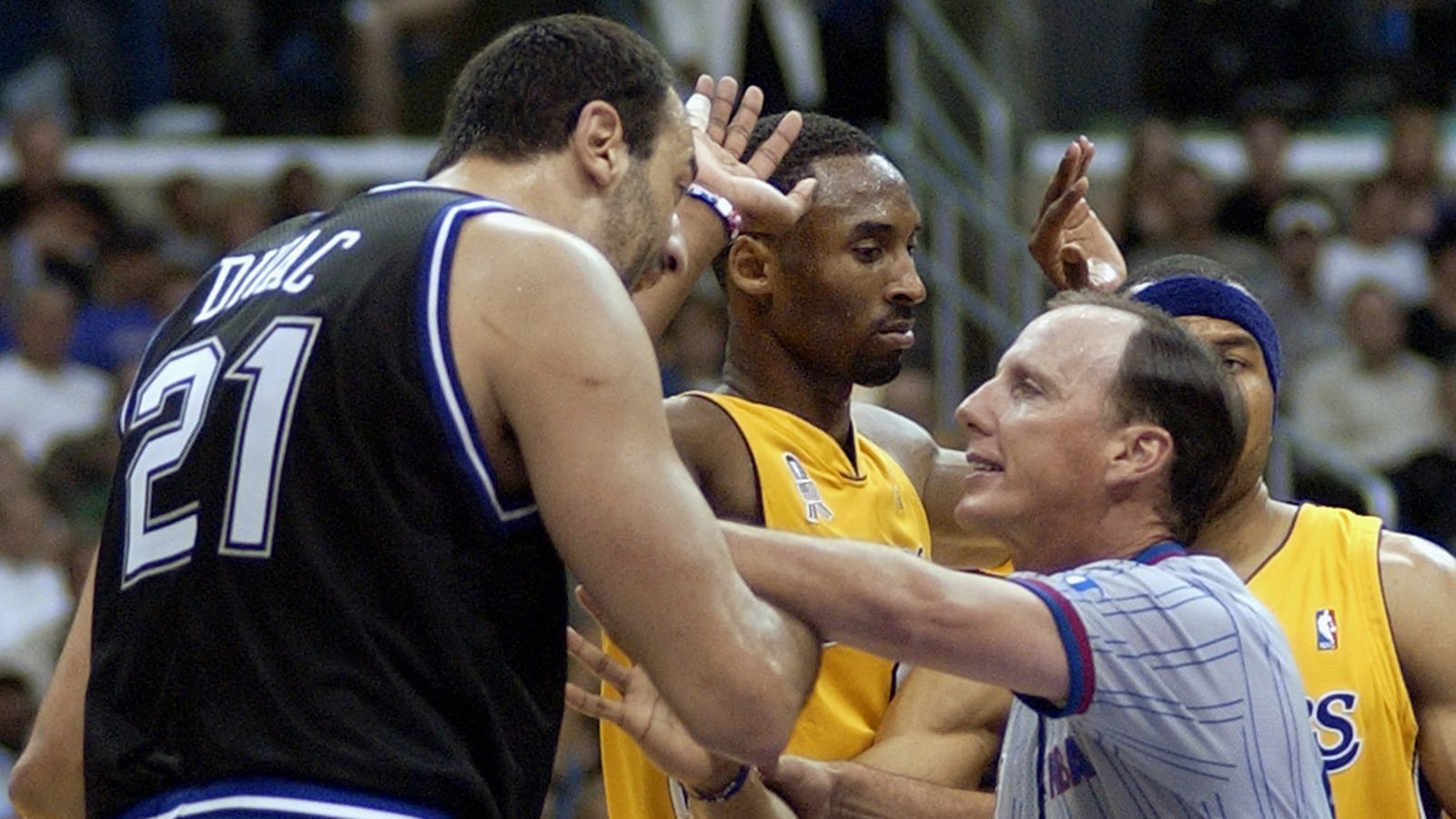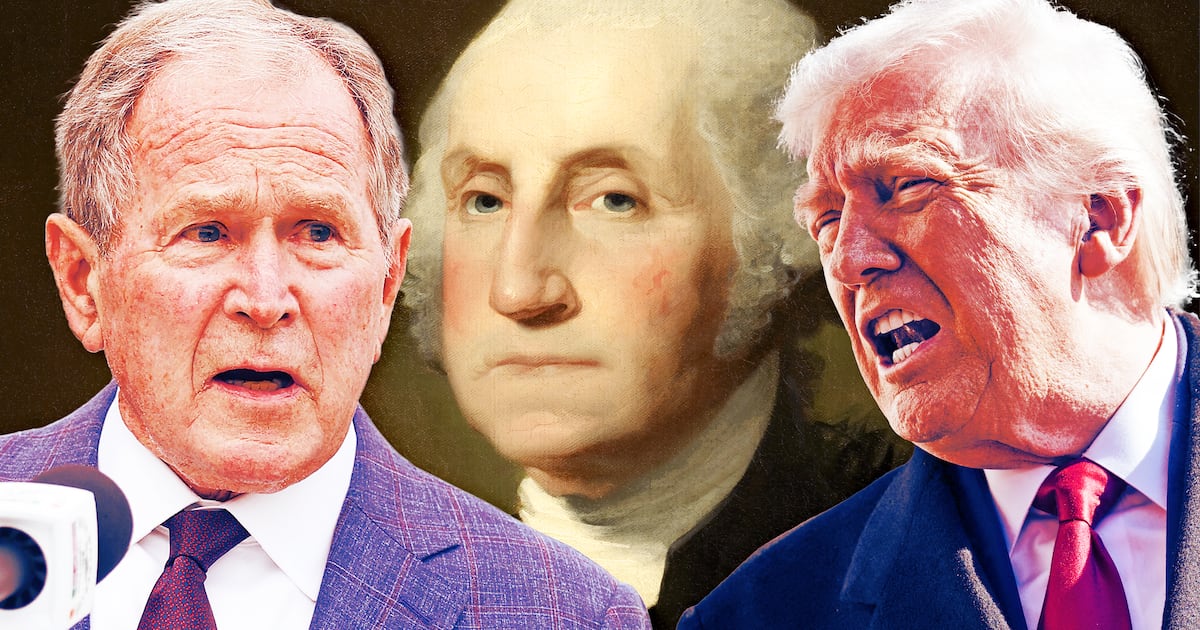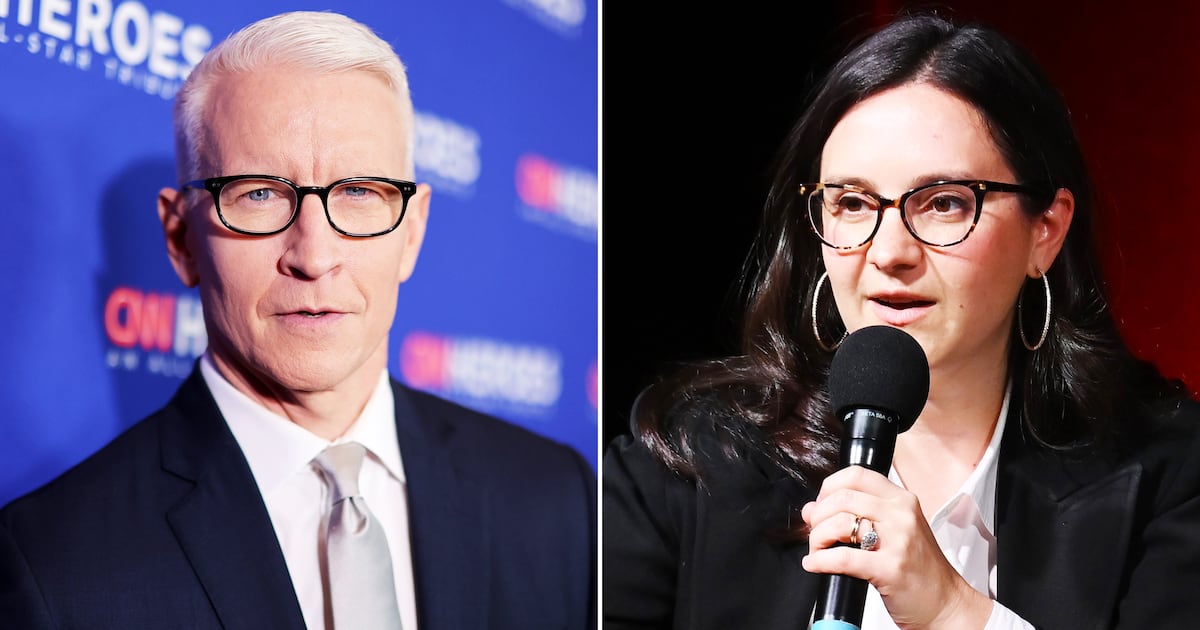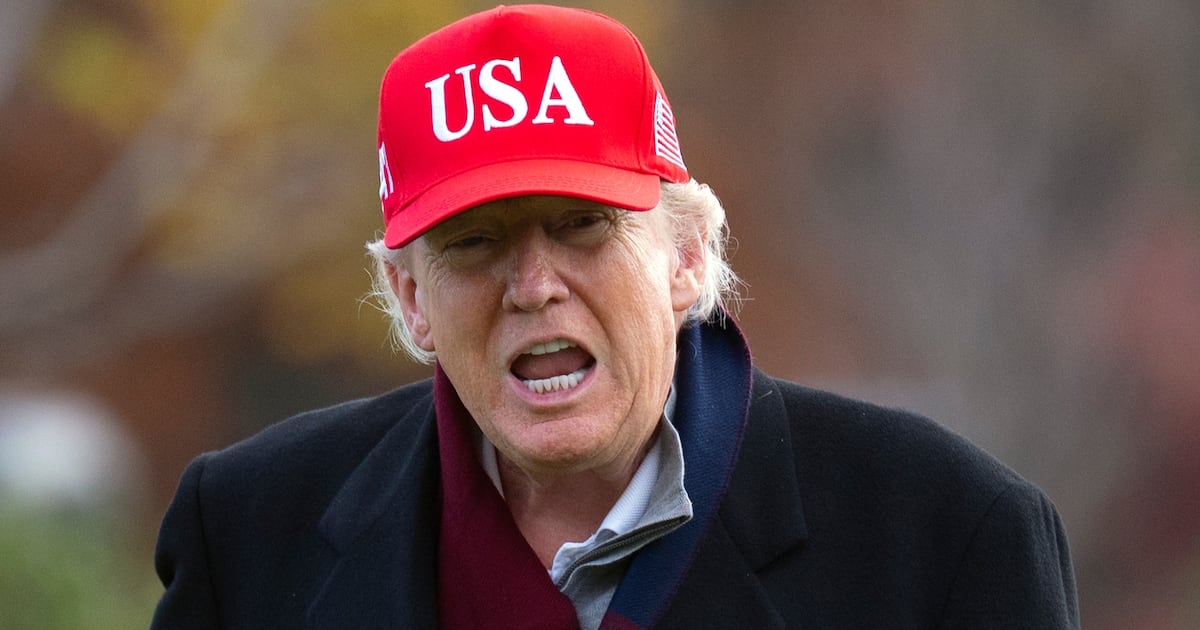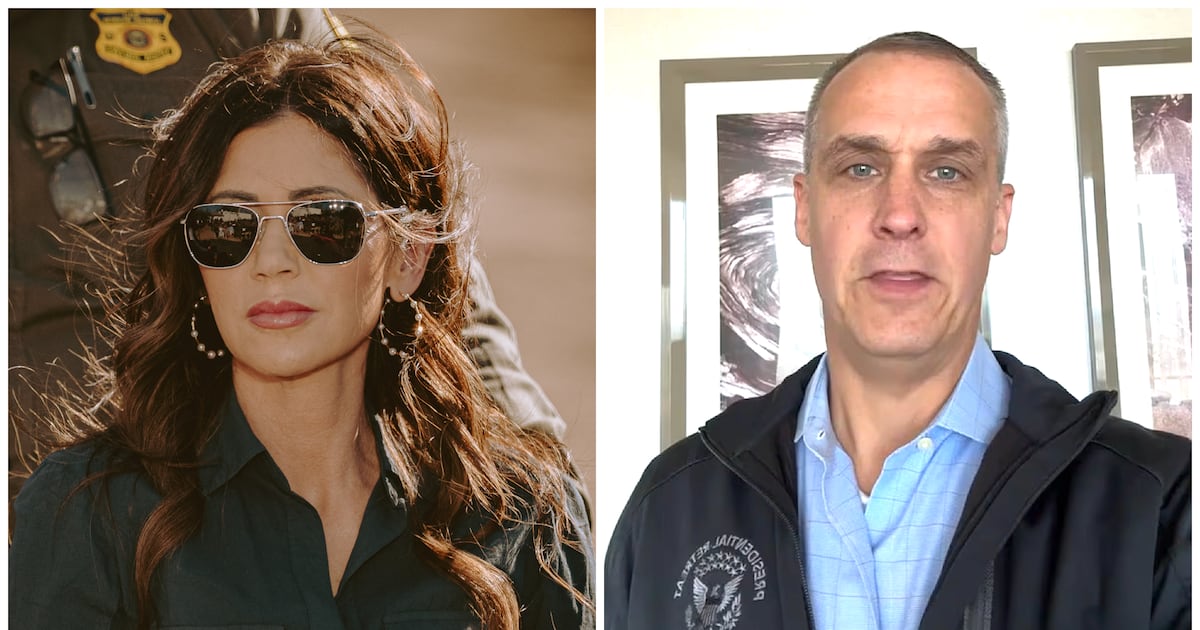The NBA has birthed more conspiracy theories than Roswell. In a league where savvy bettors consider which referees are assigned to a game, everything from the Patrick Ewing lottery, to Michael Jordan’s first retirement (or was it a suspension?), to Dwyane Wade’s record-setting parade to the free throw line in the 2006 NBA Finals has earned a cloud of suspicion. This year’s playoffs added a dubious and crucial non-call benefitting the Miami Heat in their Eastern Conference matchup against the Boston Celtics to the conspiracy canon.
But the mother ship of NBA conspiracy theories remains Game 6 of the classic 2002 Western Conference Finals between the defending champion Los Angeles Lakers and the upstart Sacramento Kings. A decade later, it remains the first piece of evidence for anyone building a case that the NBA is rigged.
Years of consecutive playoff matches bred fierce competition between the players, and palpable hatred between their fans. The Shaquille O’Neal and Kobe Bryant-led Lakers were the defending NBA champions, while the Kings, with star Chris Webber and a superb supporting cast, seemed poised for a breakthrough.
The match-up lived up to its billing. Two games were decided in the final seconds, and the climactic Game 7 went into overtime. And yet--
“Sacramento had the best team in the league,” former NBA referee Tim Donaghy wrote in an email interview about the series. “But the referees/league didn’t allow the better team to win.”
Donaghy, a convicted felon for betting on games he officiated and who Stern has insisted was a lone “rogue official” whose claims about other referees can’t be taken seriously, has written at length about the ways he says officials influence games, often to help produce a league-preferred result. “League-preferred” being, of course, the result that generates the most revenue.
"If we get to re-rack that series, the Kings beat the Lakers 99 out of 100 times in a seven-games series,” former Sacramento player Scot Pollard said in a phone interview. “There’s no question in my mind that we were the better team.” Pollard was a reserve power forward and center for the Kings, a bleach blonde energizer known as much for his candor as for his rebounding.
The Greatest Show on Court, Sacramento had enthused casual fans and NBA junkies alike since 1999 with legendary assistant coach Pete Carril’s Princeton offense that produced a unique combination of flash and fundamentals. The Lakers had beaten the Kings both of the previous years in the playoffs en route to titles, but Sacramento now had clutch-shooting point guard Mike Bibby on its already deep roster, and held home court advantage over their rivals to the south for the first time—the spoils of an NBA-best 61-21 regular season record.

“Familiarity breeds animosity,” Pollard said, citing the multiple times the in-state rivals, representing the coast and “cow town,” as Lakers coach Phil Jackson contemptuously referred to California’s inland capital, had played over the years in the preseason, regular season and postseason.
Kings fans, who routinely sold out Arco Arena during seasons of atrocious basketball, brought it to another level now, complete with ringing cowbells; the decibel level during the 2002 playoffs was measured as high as 112, about the same level of a jet engine. The teams owners, brothers and businessmen Joe and Gavin Maloof, led the way from their courtside seats, running from section to section like hype men at a rap concert.
“It felt like the arena was completely alive. I’d never experienced anything quite like it,” said writer James Ham, the editor of ESPN’s Kings site, Cowbell Kingdom.
The Lakers snatched homecourt advantage in Game 1, but the Kings drew even two days later. Lakers’ supernovas Kobe Bryant and Shaquille O’Neal paced the visitors in both games, while Webber and Bibby did their best to match suit while getting more out of the role players surrounding them in an offense that emphasized motion, passing and cutting to the rim. Though no one thought much of it at the time, the lead official of Game 1, an NBA veteran named Dick Bavetta, reffed an extremely tight game in the post. Both Webber and Kings center (and former Laker) Vlade Divac nearly fouled out while the oftentimes foul-prone O’Neal, the most physically dominant force in the game, was called for just two fouls while racking up 26 points, 9 rebounds and 4 blocks.
“At this point, [we were] focused on going to get at least one win [in Los Angeles] to get back home-court advantage,” Pollard said. “We just wanted to get back to our Cow Palace even.” Then came a statement he repeated like a mantra throughout his interview. “We knew we were the better team.” Sacramento, which had never won a playoff game before in the Lakers’ Staples Center, broke that streak in Game 3, winning 103-90. In a harbinger of things to come, the Lakers stormed back to cut a 27-point fourth quarter lead in half before the final buzzer sounded.
So far, the series had been relatively normal. The two teams had swapped road wins, and the higher seed had a one-game edge and a chance to put the series nearly out of reach with a Game 4 win. With the Western Conference then dominant, that game seemed like the tallest hurdle remaining between the Kings and a championship.
Then things got weird.
At the tip of Game Four, the Kings came out like gangbusters, seemingly intent on ripping out the Lakers’ heart out then and there. With Bibby and Divac leading the way, they shot 71% in the first quarter, and were up 46-22 at one point in the second quarter. The Lakers went to the locker room at halftime down 65-51, and only because a desperate three pointer by Lakers reserve forward Samaki Walker was counted as good, despite replays showing the shot left his hands after the buzzer sounded. Not coincidentally, rules mandating buzzer beaters be reviewed by referees via instant replay were instituted the following season.
“Yeah, Walker’s shot shouldn’t have counted,” Pollard said. “You can look at one play over the course of a seven-game series and say, you know what, that might have been it. But to just pinpoint one [play] like that? I don’t know. We still knew they’d try to come back.”
And they did, carried by O’Neal and a strong performance on the offensive boards. It wasn’t like the Kings stopped scoring points they shot 49% from the field for the game but not at the clip the Lakers were. The score crept to 80-73. Then 88-84. Then 96-93. Then it was 99-97 and the Lakers had the ball with 11 seconds left. Bryant drove into the paint and put up a shot, missing. O’Neal rebounded the ball on the far side of the basket and went up for a shot, challenged by Divac. His shot missed. The clock kept ticking. There was a scrum for the rebound and Divac batted the ball away from the basket in an attempt to drain whatever time remained.
The ball went straight to Lakers forward Robert “Big Shot” Horry, one of the game’s all-time clutch-shooting role players, who calmly sank a wide-open three. The buzzer sounded and the Lakers won, 100-99.
“Vlade Divac did what every big man has been taught their entire life – get the ball away from the basket,” Pollard said. “They got lucky on a fluke. We still had the confidence. We beat the crap out of them in Game 3, and we led in Game 4 for 47 minutes.”
“A luck shot is one of those guys who has no form,” Horry said after the game. “If you look at the shot, it was straight form. [Divac] shouldn’t have tipped it out there. It wasn’t a luck shot. I have been doing that for all my career.”
Ten years later, Ham sighed and paused for many seconds when trying to explain the effect Horry’s shot had on the Kings’ franchise. “It’s going to go down as the classic moment in Kings’ history,” he finally said. Of course, if Sacramento had pulled out the series, the shot would now be a footnote.
After a back-and-forth Game 5 at Arco Arena that saw multiple lead changes and superb performances by both O’Neal (28 points on 14 of 18 shooting) and Webber (29 points and 13 rebounds), the Lakers led 91-90 with 11 seconds to go. Bibby inbounded the ball to Webber, who promptly passed the ball to a curling Bibby and set a hard (Lakers fans would claim moving) screen on Bibby’s defender Derek Fisher, who fell to the ground in a heap. Wide open from 18-feet, Bibby drilled the shot and unleashed a roar.
One timeout and missed Bryant jumper later, Bibby’s shot seemed like it would be the franchise’s defining moment, as the Kings were just one win away from the NBA Finals.
Between Games 5 and 6, which would be played back in Los Angeles, both Jackson, a famous lobbyer of refs often fined by the commissioner for his post-game comments, and O’Neal griped in the media about how Game 5 had been called in the paint. In many ways, O’Neal had transformed refereeing in the post, due to his rare blend of height and girth, which meant nearly every play he was involved in turned into a tangle of limbs beneath the basket. Often analogized to a bulldozer, “Shaq was the most difficult guard of my career,” Pollard said. “When he was in his prime, he was unstoppable.”
Kings coach Rick Adelman counter-lobbied the refs through the press, decried his rival’s gamesmanship, and insisted NBA officiating was above making up calls from one game to the next.
Meanwhile, Donaghy alleges, the NBA was preparing to do just that. The referee crew assigned to Game 6 was Bavetta (who’d overseen an O’Neal-dominant game in Game 1), Bob Delaney and Ted Bernhardt.
Pollard, who was careful not to pin the result on refereeing, said he remembered feeling “that there was something amiss” early on in the game and “a feeling of helplessness.” O’Neal was controlling the paint, aided by the whistles –Pollard fouled out in just 11 minutes of court time.
Divac, the Kings’ best defensive big man, was lost near the end of regulation after picking up a fifth phantom foul just minutes earlier. At best, some of the calls against the Kings big men, like here and here, were dubious.
In his book Personal Foul, Donaghy wrote that “As soon as the referees for the game were chosen, the rest of us [other NBA refs] knew immediately there would be a Game 7.” Asked to elaborate, Donaghy wrote me that “Bavetta would always say he was the NBA’s ‘go to guy’ and he would always help make the series go another game … he said [this] to me before the game in L.A.”
At halftime, “Chris Webber told us to just count on playing against eight out there,” Pollard said, referring to the five Lakers on the court and the three referees. Despite the questionable calls, the Kings were shooting well and entered the quarter tied at 75. The Lakers crowd seemed nervous, and it felt like another buzzer beater was in order. The series, it seemed, deserved nothing less.
Instead, basketball’s most notorious quarter transpired.
The statistics: 27 free throw attempts in the quarter for the Lakers, against nine for the Kings. L.A. converted only five field goals for the entire quarter. Three fouls on Kings big man Lawrence Funderburke in just six minutes. 40 free throws for the Lakers over the course of the game. 25 free throws for the Kings over the course of the game – two less than the Lakers shot in the last quarter alone.
The images: Divac’s fifth foul call. Webber’s fifth foul call. Pollard’s fifth and sixth foul calls. Webber’s clean block on Bryant negated by a ghost foul on Kings guard Doug Christie. A bemused Adelman and Kings’ bench. A Bryant elbow on Bibby with 12 seconds left and the Kings down just one point that resulted in a bloody nose but not a foul call. A missed three at the end of the game by a still bleeding Bibby to give the Lakers the win.
The game caused such immediate and public blowback that even consumer advocate and perennial Presidential candidate Ralph Nader got involved. Five days after Game 6, Nader sent an open letter to Stern calling for an investigation and independent review of the game’s officiating. Stern never publicly responded to Nader’s call, but the four-time presidential candidate says he did speak with the commissioner, who offered a “whitewash.”
Viewed separately, the missed calls of Game 6 can all be understood and forgiven as part of the flow of the game. These are some of the world’s best athletes, after all, moving very quickly and sometimes violently. Viewed together, and paired with the context of the series and the amount of money the NBA stood to gain from a Game 7, a different picture emerges. “It was not legitimate,” Pollard said, now out of the league and safe from being fined for criticizing the officials.
“If they call it like they’re supposed to call it, the outcome will be the same it was tonight,” O’Neal said after the game. “You’ve got to foul me to stop me, period.”
While it felt as though the Kings had already won five games, as Webber put it before the game, the series shifted back to Sacramento for a winner-take-all Game 7.
If Games 4 and 5 served as the series’ zenith, and Game 6 as its nadir, Game 7 can best be described as its addendum. The game was tight the entire way and the Kings’ crowd stayed in a cowbell-ringing frenzy the entire way; going to overtime seemed both expected and fitting. Bibby and O’Neal both performed masterfully. The oft-maligned Webber played with both resolve and desperation, apparently intent on shedding his reputation as wilting in the big moment, with 20 points, 11 assists and eight rebounds.
The game and the series ended not with a bang but with a free throw marathon whimper, as the Kings shot a lousy 16-30 from the free throw line, and saw their heralded role-players out-performed by the Lakers much mocked reserves. Sacramento’s season ended just a few points short: Lakers 112-Kings 106.
“We missed a ton of free throws and a ton of jumpers in the fourth quarter,” Pollard said. “We had a chance and we blew it.”
The Lakers went on to the NBA Finals, where they swept the New Jersey Nets, while the Kings went on Leno.
“I guess our time has to come at another time,” Adelman said.
When the Kings and the Lakers met in the 2003 preseason, the drama picked up right where it left off. After Christie drew a foul, Lakers forward Rick Fox slapped Christie across the face with an open hand. Christie responded with an uppercut to the jaw, and the brawl that followed between the two teams spilled into the arena tunnel and involved O’Neal, O’Neal’s private security guards, much of the Kings’ bench and Christie’s wife. The season series went 2-2, with the Kings winning 105-99 in a marquee Christmas day matchup. Another Western Conference Finals between the two archrivals felt destined when they ended up on opposite ends of the bracket come playoff time, the Kings as the 2 seed and Pacific Division champions and the Lakers as the 5 seed and reigning NBA champions.
But both teams fell short. The Lakers fell to a resurgent San Antonio Spurs team in six games, with inter-team tension between O’Neal and Bryant perhaps at its all-time high. The dynamic pair, one of the NBA’s greatest and most volatile ever, would both win titles again, but not with one another.
Meanwhile, the Kings cruised into the Western Conference semifinals to face a Dallas Mavericks squad it had dominated. After an easy 124-113 over the Mavs in Game 1, there was no reason to think things were going to change. Then, late in the third quarter of Game 2, things changed.
Webber took what appeared to be such a harmless little step, with no other player even close to him. Cartilage in his left knee tore, and everything changed for both Webber and the Kings. Missing their star player, they lost to the Mavericks in seven games. While Webber returned to the court for the Kings after microfracture surgery and nearly a year after his injury, the team never recovered.
Though they returned to the playoffs in 2004, 2005 and 2006, what had seemed a dynasty-in-waiting never again made it back to the Western Conference Finals.
Pollard was traded after the 2003 season. He won a championship ring with the 2008 Boston Celtics, and retired at the end of that year.
“I wear [my championship ring] for all the teams that I thought should’ve won a championship and didn’t,” he said. “From my college team at Kansas to the Kings. I wear it and ... consider it a Celtics/Kings championship ring.”
As far as the referees of the infamous Game 6, Dick Bavetta is now 72 years old and is still reffing NBA games. He broke the record for most games worked by an NBA official in 2006. Bob Delaney left the NBA in 2011 and wrote a book in 2008 about his years as an undercover officer in the New Jersey state police investigating the mob. Ted Bernhardt left the NBA in 2006 and was arrested in 2010 for causing a disturbance at a former girlfriend’s house. According to his Facebook page, he is working on a book entitled Honest to a Fault.
After being arrested in 2007, Donaghy—who now writes for the gambling picks site Sports Connection Wins—pled guilty to two felony charges of conspiracy. In 2008, during his sentencing, Donaghy’s allegations regarding the NBA and the 2002 Western Conference Finals were released through his lawyers in a filing. It claimed two of the three officials of Game 6 intentionally altered its outcome, which became a national frenzy – respected Washington Post columnist and ESPN commentator Michael Wilbon wrote that “I still consider [Game 6] the single worst-officiated game in the 28 years I’ve been covering professional basketball. It was egregiously, embarrassingly bad … Stern and the NBA had better deal with it quickly, lest they appear completely unaware of a condition that will threaten the credibility of the league.”
Even Jackson, speaking in 2008—after Donaghy’s court claim, said bad calls went both ways, and he just wanted to move on: "There's a lot of things going on in these games and they're suspicious, but I don't want to throw it back to there."
“We all think that probably referees should be under a separate entity than the NBA entirely,” Jackson said, “But I don't think that's going to happen."
